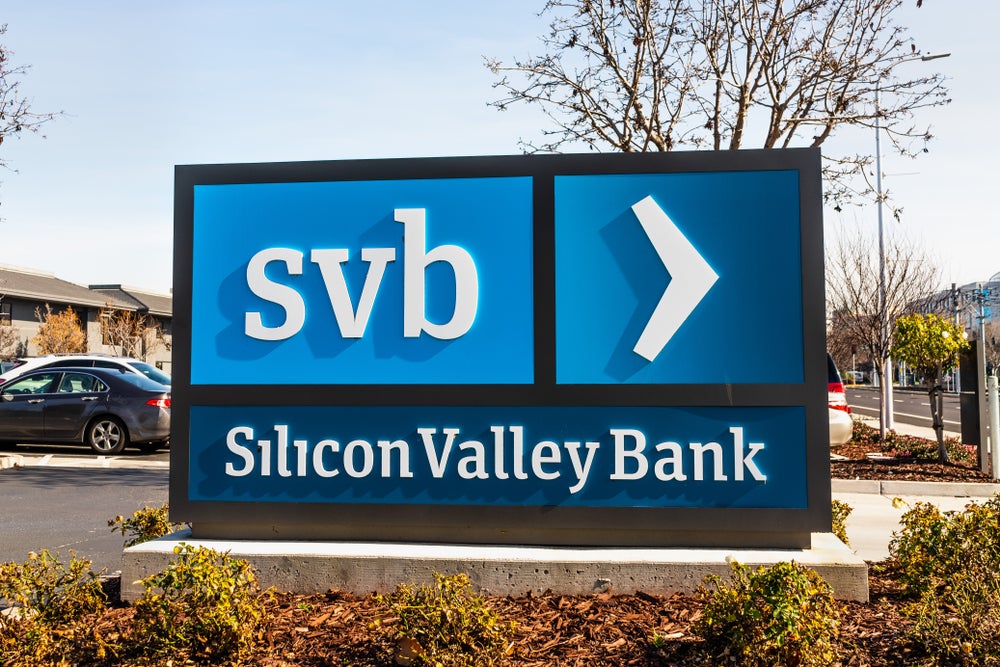
The collapse of Silicon Valley Bank threatens to prompt a wider financial crisis and the authorities have no choice but to roll out emergency measures, according to Nigel Green, CEO of deVere Group, one of the largest independent financial advisory, asset management and fintech organisations.
US regulators have said that from Monday 13 March, the failed bank’s customers will have access to all their deposits, and that they have set up a new facility to give banks access to emergency funds. The Federal Reserve has also taken steps to make it easier for banks to borrow from the central bank in emergencies.
Three key takeaways from the Silicon Valley Bank collapse
Green says there are three key takeaways from Silicon Valley Bank’s collapse. The first is that the crisis brings into question the Trump-era deregulation of banks. “The decision to roll back Dodd-Frank’s ‘too big to fail’ rules, reducing both oversight and capital requirements, seems to have contributed to SVB’s collapse,” says Green. It appears that the deregulation has allowed banks such as Silicon Valley Bank to take reckless risks. Now there needs to be a serious conversation about reversing the law to shore up confidence and avoid further collapses.
The second takeaway, according to Green, is that “it is now doubtful that the Fed will continue with its plan for aggressive interest rate hikes. The next hike was widely expected on 22 March following robust jobs data in January and February.” He expects that the stress in the banking sector, and the wider impact on confidence, will now give the central bank cause for pause on its rate hike programme.
One question to ponder is whether Silicon Valley Bank – a major source of funding for US tech start-ups – is the first high-profile victim of the Fed’s higher interest rates agenda?
The final takeaway, according to Green, is that “the authorities will get some stick, especially from the shareholders of SVB investors. The asset value of the bank itself is zero, and there is no chance of a government bailout for them.” However, the hands of the Fed, the Treasury and regulators were forced into taking action in order to break the doom loop hitting the banking sector.
In short, a failure to act would have to be a dereliction of duty. “If [the authorities] hadn’t given customers access to their deposits from Monday, it would have resulted in a loss of confidence in the banking system, leading to a run on the banks, which, in turn, would have caused a liquidity crisis in the banking and broader financial system, potentially triggering a full-blown global financial crisis. The authorities couldn’t let this happen,” adds Green.
The situation is moving quickly and despite the action taken by authorities, it isn’t over yet.
Among other issues, there remain fears about contagion and there are real concerns that start-ups may be unable to pay their bills and salaries in coming days. “Venture investors may now find it hard to raise funds and an already pummelled sector could face a long rout,” concludes Green.



